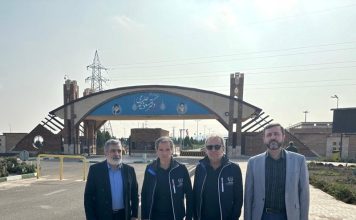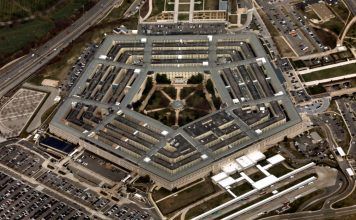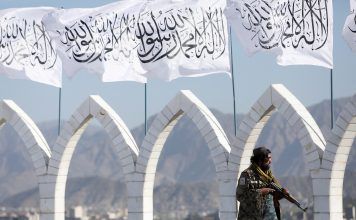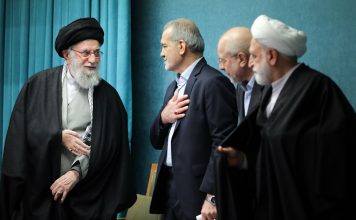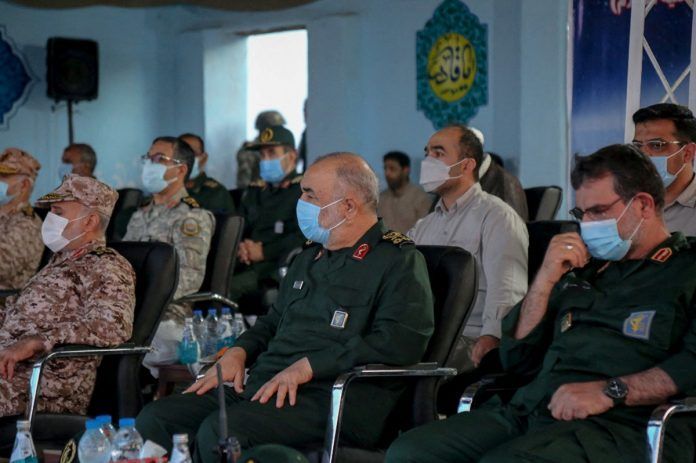
WASHINGTON, April 24 (Reuters) – The U.S. Treasury Department on Monday imposed sanctions on four senior Iranian law enforcement and military officials involved in crushing protests that erupted last year after an Iranian woman died in the custody of the morality police who enforce strict dress codes.
The department said in a statement it was also taking action against the new secretary of Iran‘s Supreme Council of Cyberspace (SCC), the authority responsible for Iran‘s cyberspace policy and blockage of popular websites.
“The Iranian people deserve freedom of expression without the threat of violent retaliation and censorship from those in power,” Brian Nelson, the department’s under secretary for terrorism and financial intelligence, said in the statement.
The Treasury said it was placing sanctions on three senior officials of the Islamic Revolutionary Guard Corps (IRGC): Parviz Absalan, the deputy commander of the IRGC Salman Corps of Sistan and Baluchistan Province; Amanollah Goshtasbi, deputy inspector of the IRGC’s ground forces; and Ahmed Khadem Seyedoshohada, a brigadier general in the IRGC’s ground forces.
ANALYSIS: Why Europe Is Unlikely to Designate IRGC As Terrorist Group
It also imposed sanctions on Salman Adinehvand, the commander of the Tehran Police Relief Unit of Iran‘s LEF, the primary security organization in charge of crowd control and protest suppression.
Also targeted was Seyyed Mohammad Amin Aghamiri, the new secretary of the SCC, the centralized authority regarding policymaking in the realm of cyberspace. The SCC is responsible for Iran‘s blockage of popular online news and communications platforms and has also used digital technology to spy on and harass journalists and regime dissidents, the Treasury said.
(Reporting by Moira Warburton and Arshad Mohammed; Editing by Paul Simao)


